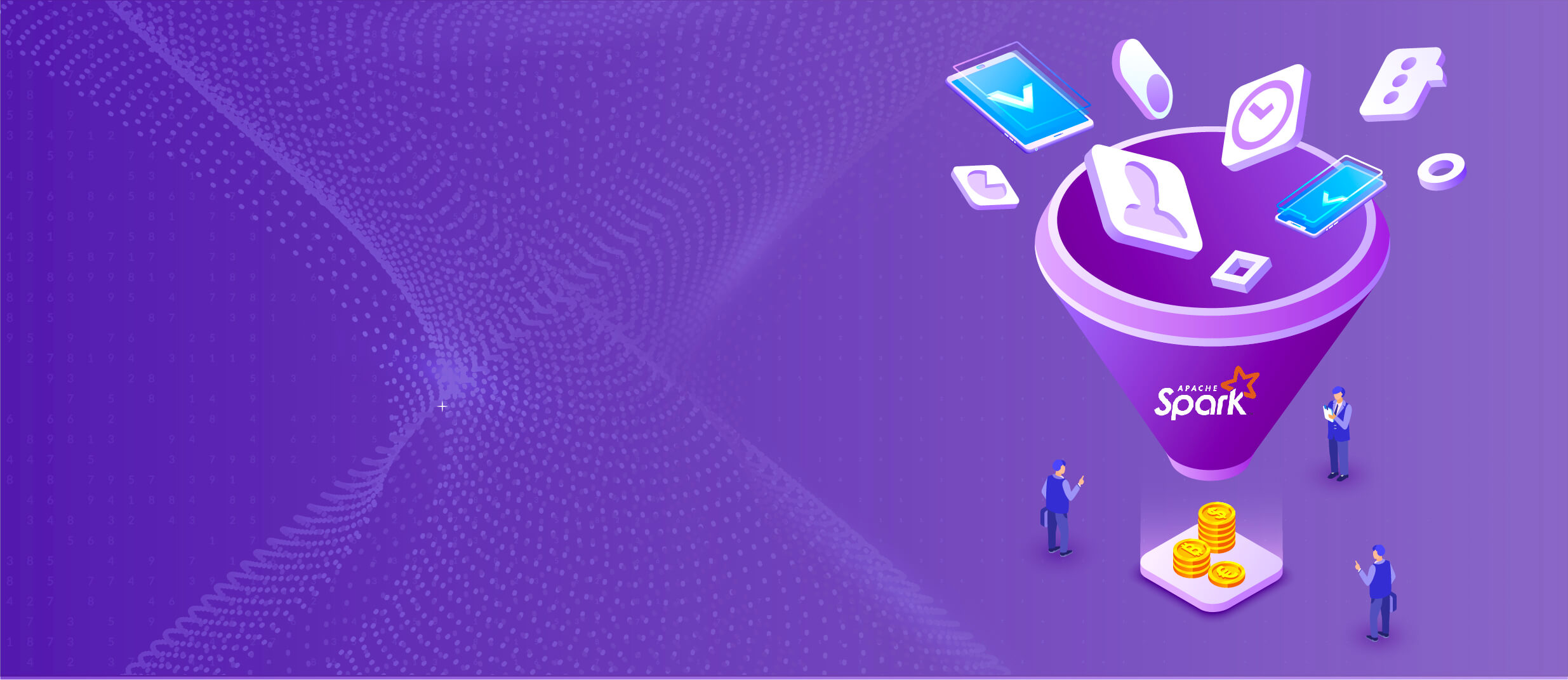Subscribe to Monthly Newsletter
Keep up-to-date with important changes in big data technologies; discover new features and tools for your business.

Apache Spark is the main platform for deep BigData analysis. Companies from all industries - Finance, AdTech, Cyber, Commerce and Internet are using Spark in different modes for ETL, BI, Machine-learning and stream-processing. This developers course gives you hands-on experience with Spark basic and advanced modules, and is focused on Spark DataFrames - the data-optimized API of Spark. Teaching and exercises are done on a cloud environment (AWS EMR, S3 and Zeppelin).
Participants will gain end-to-end familiarity with Apache Spark, and know how to:
At least 3 years of programming experience, and experience with either Python, Java or Scala.